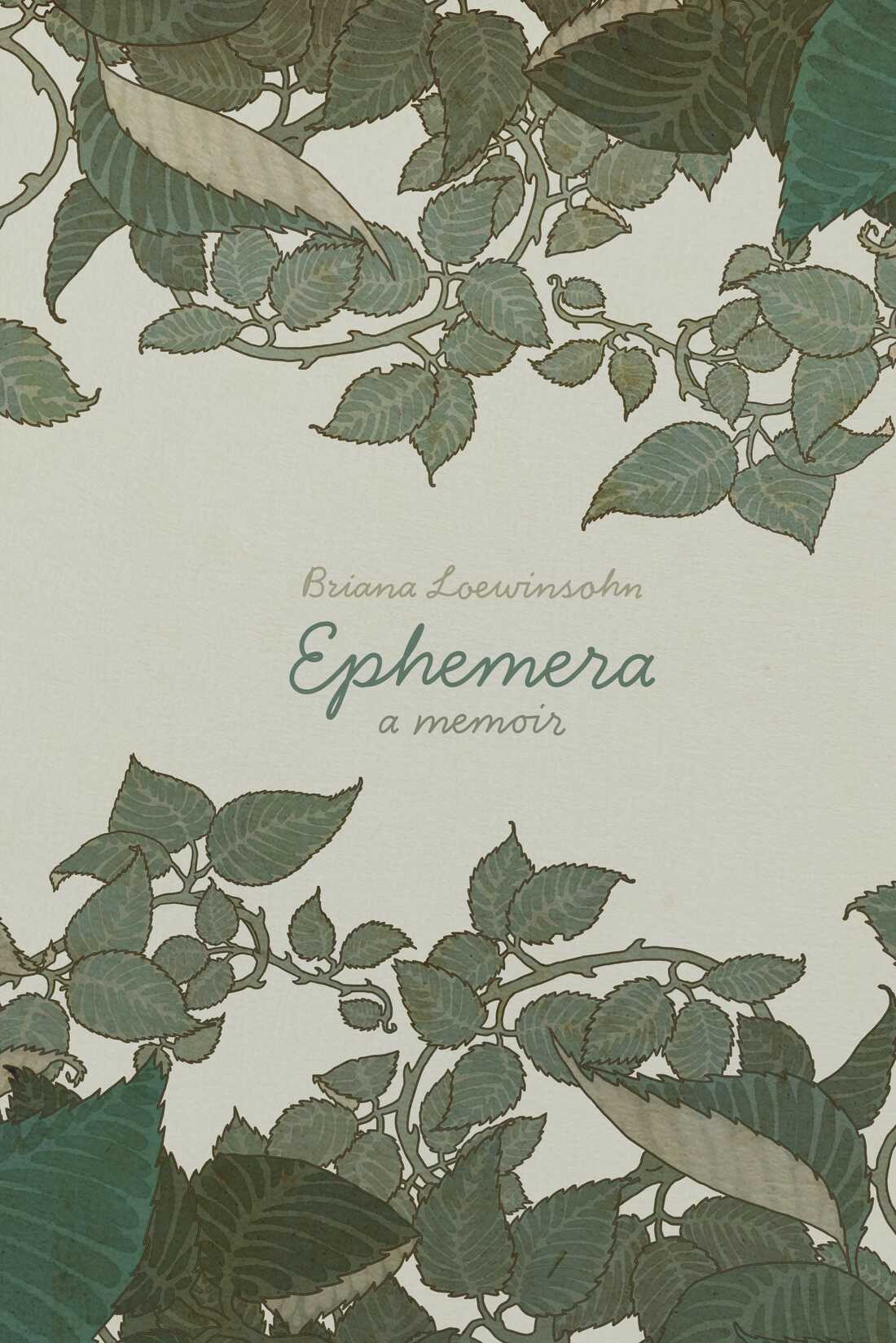Thoughts on “Everything Happens for a Reason”
Somewhere in adolescence, certainly before young adulthood, I heard the saying, “everything happens for a reason.” It seems like I’ve always known this phrase. It is very common and obviously a powerfully meaningful and comforting phrase for many. But not for all. For some of us, it ranges from empty to offensive to somewhere in-between. If you are a grieving one who has found a reason, or more than one, for your loss, all support to you. If you are a grieving one for whom no reason has been or will be found for the loss that has happened to you, all support to you. And wherever you find yourself on this spectrum, you are invited to read on as all grieving people deserve great heaps of understanding and support.
“Everything happens for a reason” is a tempting perspective: The belief that there is purpose in the world and that purpose finds its expression even in the painful events of our lives. In this view, there are no accidents, coincidences, or random events. Everything that happens has a purpose or reason behind it. Sometimes the motivating reason seems clear. More often, it is a mystery, and we are detectives gathering clues and searching for patterns and motives. There is comfort in this view as it suggests that we are not alone or abandoned to the randomness of living. Instead, we are part of a bigger, benevolent story, even though the end and structure of that story may never be fully seen and understood, at least in this life. And so, we are supported by a kindness which provides reasons behind even the most difficult of life experiences.
“Everything happens for a reason” is also a perspective that offers more problems than comfort for many of us. I am among that many at least partially because I have seen too many children die and met too many victims of violence. While some bereaved parents and victims of violence might believe that “everything happens for a reason,” many others cannot. This does not mean there are no reasons and purposes to be found after loss. “Everything happens for a reason” suggests that a reason is present in every event, like a buried treasure waiting to be found. For many of us who can’t do “everything happens for a reason,” the reason to be found comes into existence after the event. The guiding questions are “in light of this experience, what is my purpose and reason now and what can I learn from this?”
Kate Bowler is a stage IV colon cancer survivor who continues to experience chronic pain and monitoring for a possible recurrence of her cancer. She wrote a bestselling book about her experience called Everything Happens for a Reason and Other Lies That I Have Loved. She also hosts a podcast called Everything Happens with Kate Bowler. Recently, one of her guests was Rabbi Steve Leder. They talked about his experience with death and pain in his family and as a rabbi of a large congregation. At one point, Rabbi Leder says “…disruption is the only thing that teaches us anything. Pain is the only teacher. Death is the only teacher. And is it worth it? No. Is it worthless? No.”
We can learn from loss—from disruption, pain, and death. Are the lessons we learn worth the cost? For most of us, the answer is “no.” Are those lessons valuable still? Thankfully, for most of us, the answer is “yes.”
Rabbi Leder offers additional commentary on learning from loss later in the interview: “Is it worth it? Again, no. But don’t let it be worthless. You know, I say to people all the time, if you have to go through hell, do not come out empty-handed. That’s the best we can do.”
There are lessons to be learned in the most difficult circumstances and in the tragedies of loss. This doesn’t mean our losses were intended for us to learn a lesson, but we can learn still, and it is helpful when we do. We may not be able to avoid going through hell, but we don’t have to leave empty-handed.
I do quibble with Rabbi Leder on one point, and we might actually agree if we sat down and talked about it. I don’t think disruption, pain, and death are our “only” teachers. I think we can also learn from love, grace, beauty, and other experiences in life. And, of course, love, grace, and beauty are often part of disruption, pain, and death. In the interview, Kate Bowler adds a quote from her friend Sam who is a pastor: “If we cannot make it happy, can we at least make it beautiful?” We can try.
Rachel Naomi Remen expresses a nuanced approach to questions of reason and purpose when she shares a story of attending the funeral of a child in her book, My Grandfather’s Blessings. During the funeral, she is struck with a question: “Is it possible that there may be an unknowable purpose to life itself?” She goes on to reflect, “At that moment, there was a great silence around this question. There is a great silence around it still. Yet having it has enabled me to work with people with cancer year after year and love life, even so.”

Greg Adams, LCSW, ACSW, FT
Program Coordinator
Center for Good Mourning
[email protected]






